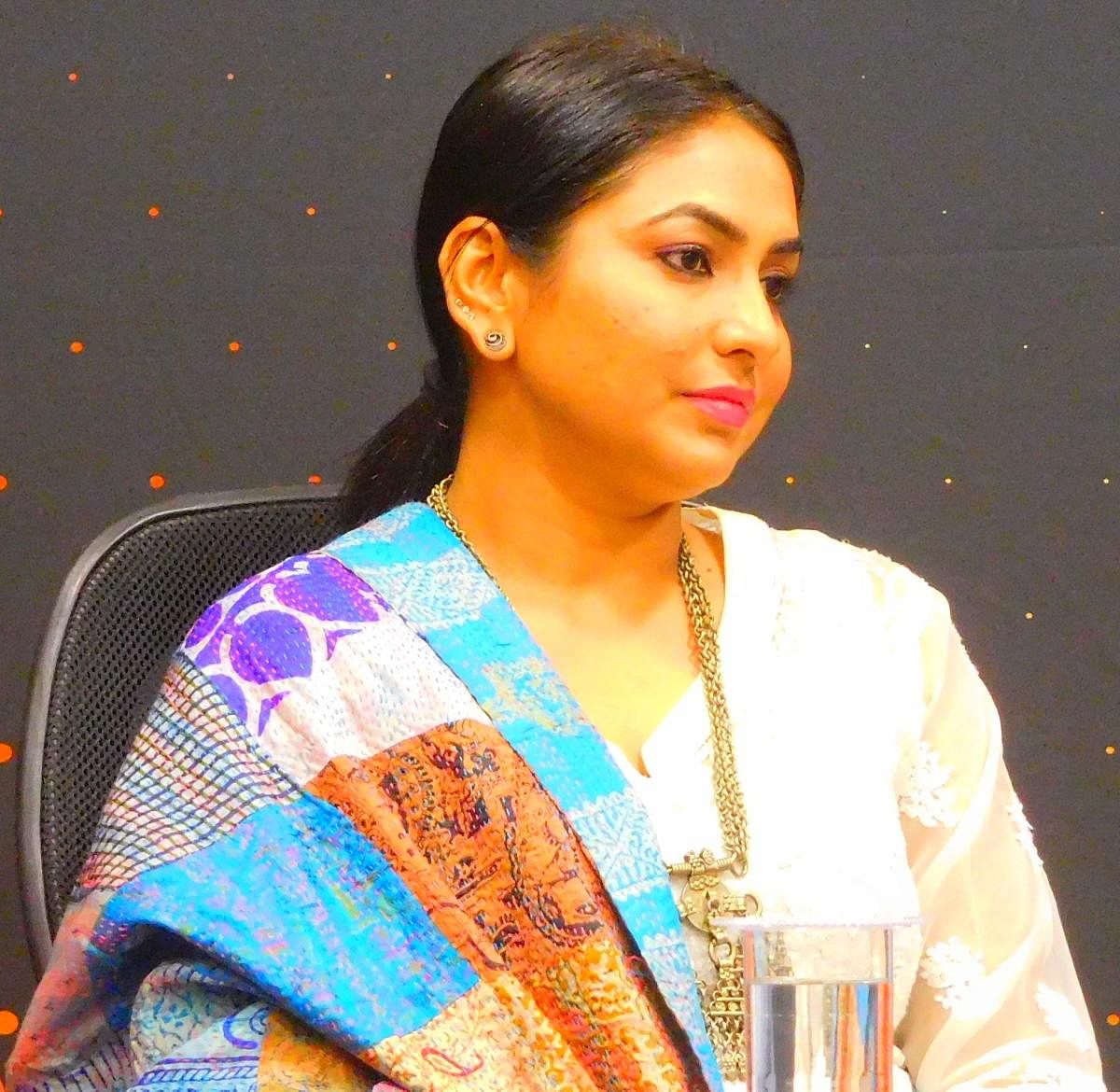
It’s 1975 and a young beautiful bride with her face covered with the traditional odhni waits quietly for the arrival of her husband on their first night of marital life in a hut at a remote Kutch hamlet in Samarpura. On hearing her husband arrive, she blushes under the veil of her odhni.
The turbaned Kutchi groom barges in, removes his ornaments, sword and the layers of traditional clothing and spews, “Ketli bhaneli che?” (Till what standard have you studied?). “Seventh standard,” she whispers. “They say educated girls grow wings and horns. Is that the case with you too,” he asks the shocked bride. “You better clip your wings and horns by yourself. If I have to, it’ll hurt a lot more,” he warns before proceeding to have sex with her.
Emergency, as suffered in 1975, is a daily affair with women, feels director Abhishek Shah. “Do you know, Nooreh can get the border firing to stop… but don’t tell this to anyone else,” chirps a young Kashmiri girl in Shina, a local language, as she passes on the Chinese whisper.
The protagonist of the film Nooreh, an eight-year-old young Kashmiri girl living in a small village on the Indo-Pak border in Kashmir, hopes for a better life. She believes that she controls the firing by keeping her eyes open at night and lands up staying up all night despite all the trouble. The regular crossfire disrupts their lives on a regular basis. ‘Untrained’ actors, all village locals portrayed their characters brilliantly throughout the movie. Nooreh is testimony to the fact that not only does the Kashmiri child yearn for peace but the strength to hope and persevere could come only from the girl child. And, even before the audience could react to the moving performance of little Nooreh at the 50th International Film Festival of India’s (IFFI) segment, the second and opening film of the Indian Panorama section began and took them all on a roller coaster ride.
In the next two hours, the audience sat transfixed to power-packed performances of 13 strong female characters.
While Nooreh captures the ‘hope’ in a young Kashmiri girl, National Award winning film Hellaro narrated the journey of women “From suppression to expression” and…through Garba, Gujarat’s most famed, traditional dance form.
The journey of the female actors of the film was no less than ‘suffering’ as it involved long hours of practicing Garba barefoot in the hot, white sands of Kutch.
“We would practice for long hours to get the steps right and build stamina. It was an ordeal in itself to dance for long hours in the blistering heat of the Kutch,” recounts Niilam Paanchal who plays Leela in the film that received a Special Jury Mention for Best Actress (to all 13 actresses) at the 66th National Awards 2019.
The film, Hellaro itself won the 66th National Award for the best feature film, Golden Lotus, in 2019.
This year, IFFI 2019 has been special for women in many ways.
Apart from the festival screening women-centric films, to commemorate the 50 years of the festival, over 50 films from world cinema made by 50 strong women filmmakers were showcased at the festival, a feat unmatched by any film festival around the world.
As part of the IFFI 2019 celebrations, every night 100 sky lanterns were released in Panjim as a prayer of hope and fortune for the Indian and international film industry and celebrating IFFI’s feisty fifty.
The industry’s women held their own and more.